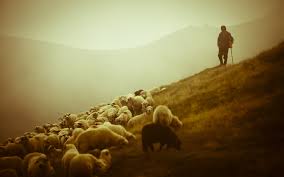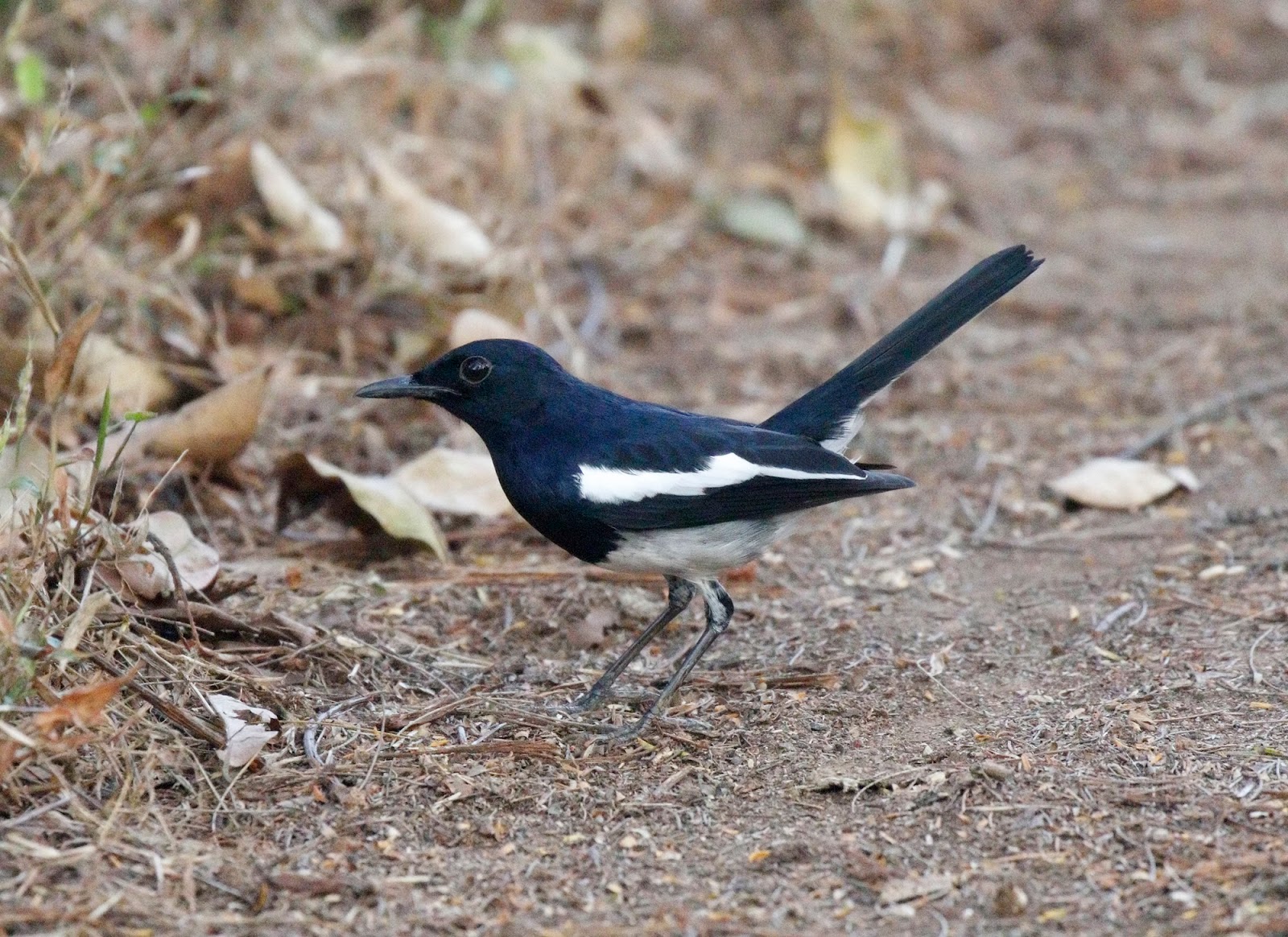Here's how to move from darkness to light
LENT 2020 - Day 26
Sam 16, 1. 6-7, 10-13; Ps 22, 1-3a, 3b-4, 5, 6; Eph 5, 8-14; Jn 9, 1-41
Samuel thought God had meant Jesse’s eldest son Eliab to be the new king of Israel, for he had great physical attributes; God told him that “the Lord sees not as man sees; man looks on the outward appearance, but the Lord looks on the heart.” What a lesson! When Samuel saw David, who had been out keeping the sheep, the Lord’s words “This is he!” were a confirmation that Jesse’s youngest son was meant to shepherd Israel.
King David became the luminous author of that familiar and most loved Psalm 23, among many others. Of course, given his background, it is in pastoral lingo that he expresses his serene conviction that the Lord is his Shepherd. The assurance that the Lord guides and protects us from every danger; that there is nothing we shall want, so nothing to fear, has always brought and will continue to bring solace to many a troubled soul.
Jesus is a descendant of the same David who wrote “If I should walk in the valley of darkness, no evil would I fear.” And there comes St Paul with these eye-opening words: “Once you were darkness, but now you are light in the Lord.” He exhorts us to walk as children of the light – lovers of the good, the right and the true – a veritable priesthood. “I am the light of the world, says the Lord; he who follows me will have the light of life.”(Jn 8,12) That’s a promise.
The Gospel of today is a practical illustration of how Jesus brings us out from the darkness to the light. He doesn’t look at our worldly learning but at our faith and trust in Him. Proof of this is that while the blind man became “enlightened” (so his blindness was not really a punishment for any previous sin, it was indeed a glorious way of manifesting God’s works), the proud Pharisees and others were gradually sinking into greater darkness – they’d refused to believe, or even plainly accept, so were blinded by the bright Light of the World.
Our Evening Visitor
A chirpy bird descends on even the gloomiest of us, stuck indoors amidst a raging pandemic, with something of the blessing of a fine day. So it is with the oriental magpie-robin, our evening visitor.
For the past two years or so that we know him, he has been touching base around seven o’clock. Till date he hasn't arrived beyond 7.17 p.m. We make it a point to retire by the time of the Angelus prayer and let him come into our veranda at ease. Soon our feathered friend drifts down from the dark sky, greeting our household with a melodious chirp just a few syllables long. Is that merely to announce his arrival? No. It feels more like a polite request for permission to stay the night.
Night after night it’s the same pleasant story. The gentle bird settles on the clothes drying rack, at the very same point, and there’s not a sound from him thereafter.
Once we spotted him flying out, almost certainly with a quick goodbye chirp, a few minutes after four… perhaps to bathe in the morning dew, before getting on with the day’s work….
Will he ever hullo us at our place of work?! Maybe he did fly across to us sometime in the past, but in our usual hullabaloo we might well have overlooked the visitation…
In these grim times, as we humbly reach out to help Nature heal, we wish to be a little more hospitable and offer our honoured guest food and water. But we are no experts: could someone advise us on the protocol?
Tailpiece: Today, as we find ourselves practically under house arrest, in view of the COVID-19 pandemic, the birds in the sky come across as particularly carefree. We finally understand the full import of the Scriptural passage: “Look at the birds of the air; they do not sow or reap or store away in barns, and yet your heavenly Father feeds them. Are you not much more valuable than they? Who of you by worrying can add a single hour to his life?” (Mt 6: 26)

